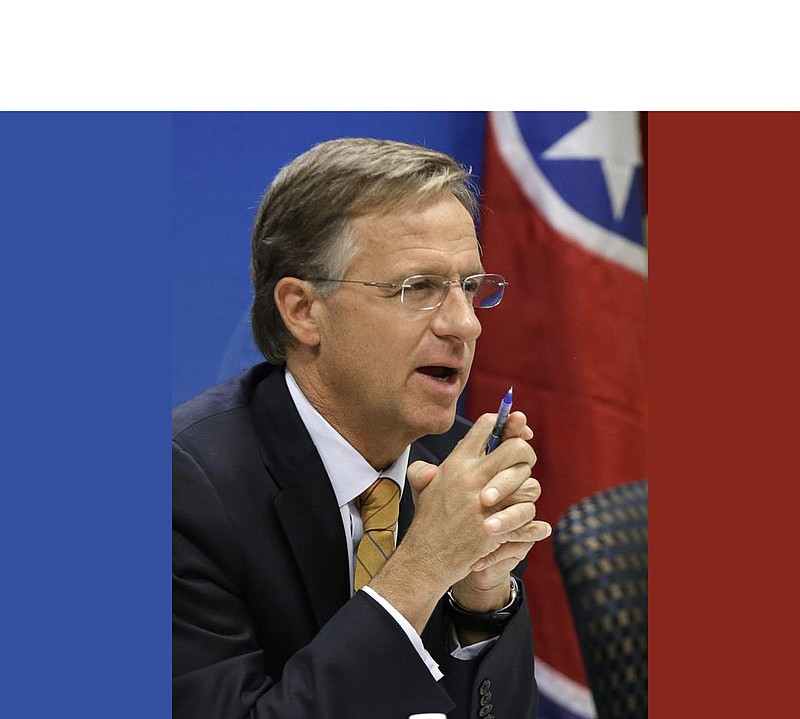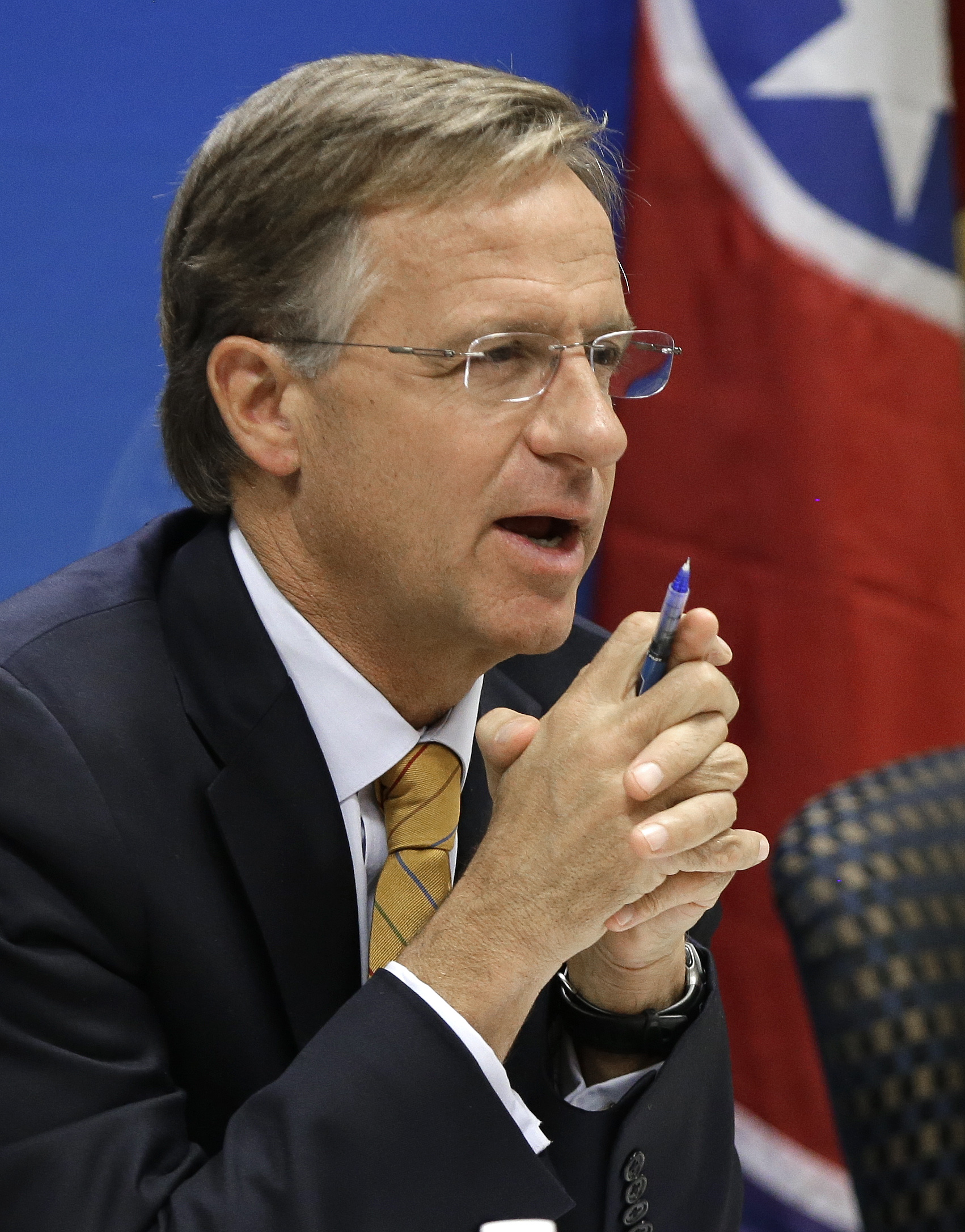A fracking decision for UT's Cumberland Forest is on hold for now.
The University of Tennessee, which just days ago asked the State Building Commission to OK a plan to seek hydraulic fracturing on more than 8,636 acres of the university's Cumberland Forest, sought a deferral at the last minute.
The delay came as the agenda item was read at Thursday's meeting of the executive subcommittee of the Tennessee Building Commission in Nashville.
The subcommittee was to decide whether to approve UT's issuance of a request for proposal -- with a waiver of appraisals -- to enter into an oil lease, gas lease and coal-bed methane lease on the public land.
University officials have billed it as a research effort.
Environmental groups have called it a fast-tracked revamp of a failed 2009 effort to cash in on a growing natural gas interest.
The clash is a technology with rising environmental concerns after similar drilling in other states has caused water quality problems.
"It appeared to be a last-minute decision. We understand this was done because they were concerned there had not been adequate public notice of the meeting," said Gwen Parker, an attorney with the Southern Environmental Law Center.
On Tuesday the environmental law center wrote to the state's finance and administration commissioner who is chairman of the subcommittee. The group's letter sought a deferral.
But Dr. Kevin Hoyt, director of the University of Tennessee's Forest Resources AgResearch and Education Center, said he had not expected the deferral announcement.
"It was deferred for us to get more information to interested parties," Hoyt said.
Some of that information would include specifics on just what UT plans to research and how the school will set up an advisory board, he said.
Two hours before the Nashville meeting of the subcommittee, Tennessee Gov. Bill Haslam, visiting in Chattanooga, said fracking is going to be increasingly common across the country and he thinks UT can "help."
"What UT is doing is saying is we want to use this to research the impact, which I think is part of what UT's role is. I trust them to be responsible in that process," the governor said.
Haslam, whose family owns travel centers that sell oil and gas products, said American needs to be more energy independent.
"We're buying energy from costly places and from people who don't like us right now," he said. "Do we have a need to be very cautious about [fracking's] impact on environment? You bet. But I think that's one way UT can actually help in the process."
Hoyt said the proceeds of the drilling would all be "plowed back in" to the university's agricultural research program.
But Parker said that's not what the request for proposal -- made public Wednesday -- sets out.
She said the request for proposal is the same one that was floated in 2009 "when the research project was not on the horizon at all" and the new addendum to it is incomplete and vague.
"The addendum does not say all the revenue would go to research. If they were sincere about that, they would put it all down in legally binding agreements," she said.
As for the governor's concern about energy independence, she had another suggestion: "There's a huge opportunity in this state to save energy. We would love to see more energy conservation [in state buildings and systems] toward that end."

